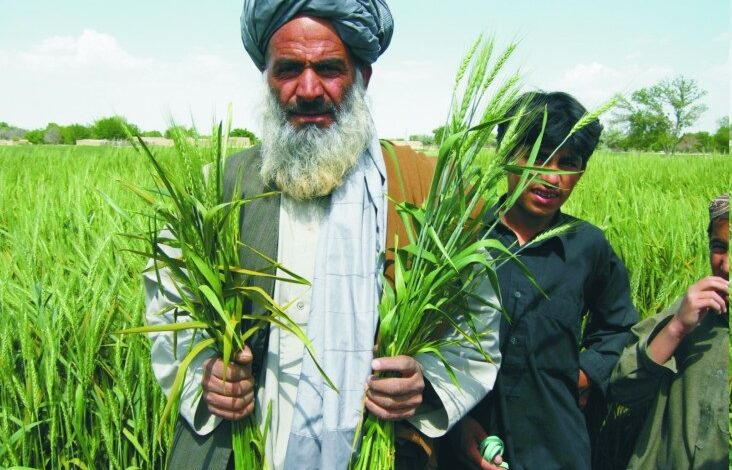Pakistan’s Economic Survey 2023-24 Highlights Agriculture Growth Despite Overall GDP Miss

News Mania Desk/ Agnibeena Ghosh/15th June 2024
Pakistan’s Finance Minister Muhammad Aurangzeb recently unveiled the Economic Survey 2023-24, outlining key socio-economic achievements and challenges faced by the country in the outgoing fiscal year. The survey revealed that Pakistan fell short of its growth target, achieving a GDP growth rate of 2.38% against a target of 3.5%. This shortfall was primarily attributed to underperformance in the industrial and services sectors.
Agriculture, however, emerged as a standout performer, recording a robust growth rate of 6.25%. Minister Aurangzeb highlighted this as the sector’s highest growth in 19 years, underscoring its pivotal role in driving overall economic expansion during the fiscal year.
The Economic Survey also reported a decline in Pakistan’s inflation rate, which dropped to 11.8% from previous levels. Moreover, the GDP at current market prices saw a significant increase, reaching Rs. 106,045 billion in FY 2023-24, marking a notable growth of 26.4% compared to Rs. 83,875 billion in the preceding year.
Addressing the government’s economic policies, Minister Aurangzeb reaffirmed the administration’s commitment to reforming and privatizing loss-making state-owned enterprises. He specifically mentioned plans to privatize Pakistan International Airlines, the national flag carrier, as part of these efforts.
In terms of agriculture, the survey highlighted intriguing demographic shifts among Pakistan’s livestock. Notably, the population of donkeys saw a 1.72% increase, reaching 5.9 million during FY 2023-24. This marks a steady rise from 5.5 million in 2019-20, 5.6 million in 2020-21, 5.7 million in 2021-22, and 5.8 million in 2022-23.
The survey also reported increases in other livestock categories: the cattle population rose to 57.5 million, buffaloes to 46.3 million, sheep to 32.7 million, and goats to 87 million. These figures underscore the importance of livestock in Pakistan’s agricultural landscape and its role in supporting rural economies.
Looking ahead, the economic outlook for Pakistan remains nuanced. While agriculture has demonstrated resilience and growth, challenges persist in other sectors such as industry and services. The government’s focus on privatization and economic reforms aims to address these challenges and stimulate broader economic growth.
The decrease in inflation is a positive development, signaling potential relief for consumers and businesses alike. However, achieving sustainable economic growth and meeting future targets will require concerted efforts across multiple fronts, including enhancing productivity, improving infrastructure, and fostering a conducive business environment.
As Pakistan navigates these economic dynamics, the findings of the Economic Survey 2023-24 serve as a critical benchmark for policymakers and stakeholders. They provide insights into areas of strength and areas needing attention, guiding future policy decisions aimed at achieving inclusive and sustainable economic development.
In conclusion, while Pakistan faced challenges in meeting its GDP growth target for FY 2023-24, the notable performance of the agriculture sector and improvements in inflation are encouraging signs. The government’s strategic initiatives, including privatization and agricultural reforms, are poised to bolster economic resilience and pave the way for long-term prosperity.






